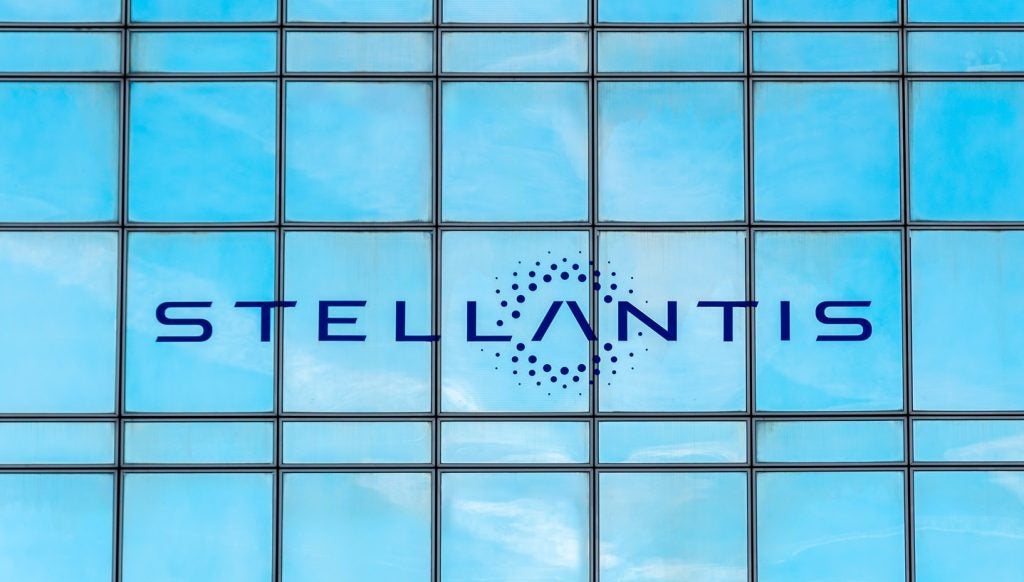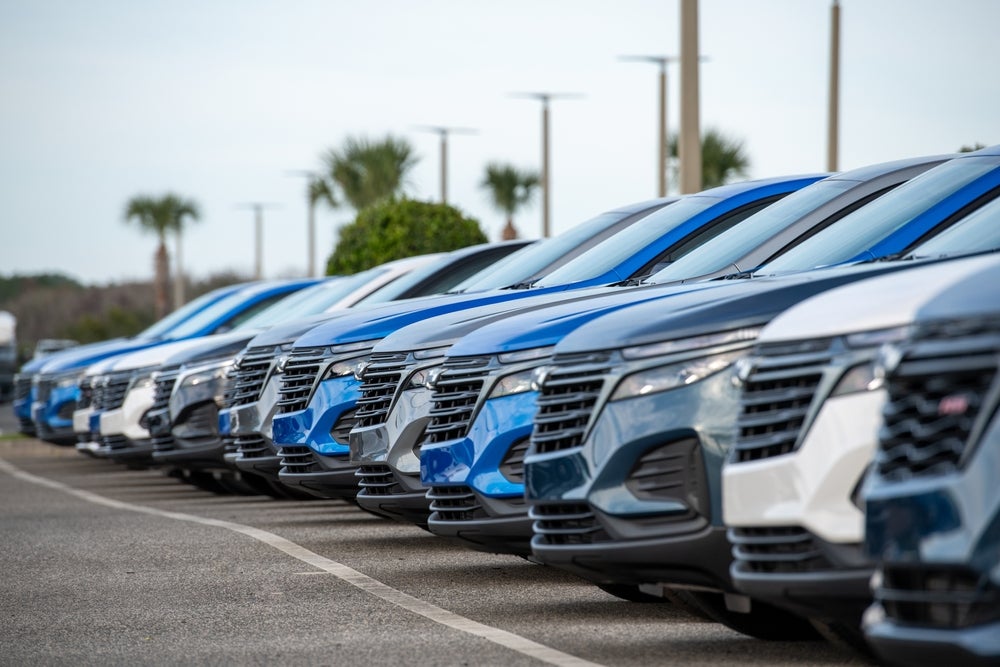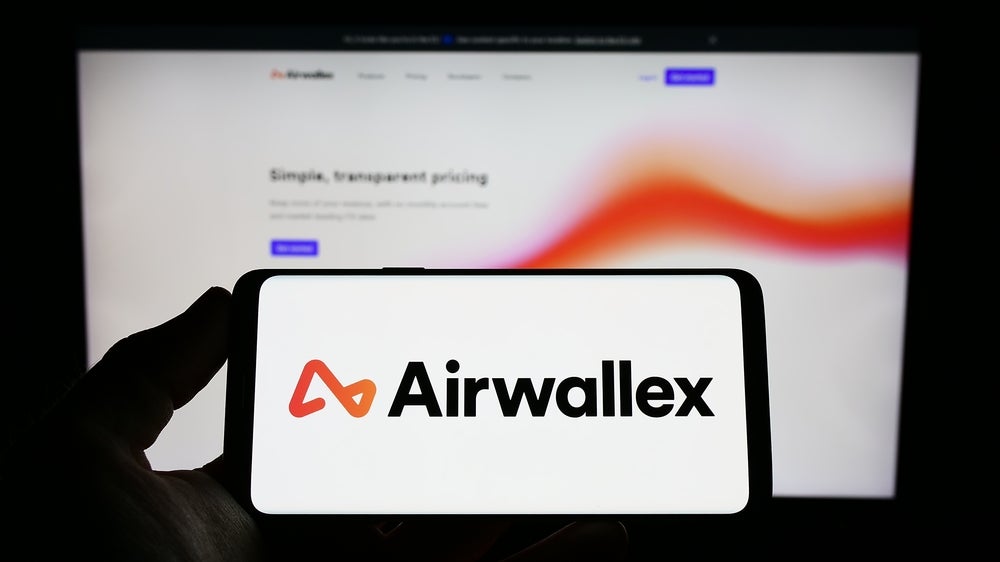
An increase in the supply of part-exchange cars in March could put pressure on used car trade values over the next few weeks, vehicle valuation company CAP Automotive has said.
In March there was an increase in car registrations, and as a result CAP expects hundreds of thousands of part-exchange vehicles to return to the market.
The growth in the supply of used cars in association with the typical seasonal slowdown in demand during the Easter holidays is expected to affect trade values.
CAP’s research has recorded a slowdown in buying activity from many of the large used car retailers who are already fully stocked or exercising caution ahead of a ‘normal’ Easter break reduction in retail demand.
Many dealers have been complaining that the scarcity of high quality stock has been driving values for the most popular cars to "unsustainable" levels.
Senior editor of CAP’s real-time used car values trending tool Black Book Live, Derren Martin highlighted that there are no grounds to fear a used car values ‘meltdown’.
How well do you really know your competitors?
Access the most comprehensive Company Profiles on the market, powered by GlobalData. Save hours of research. Gain competitive edge.

Thank you!
Your download email will arrive shortly
Not ready to buy yet? Download a free sample
We are confident about the unique quality of our Company Profiles. However, we want you to make the most beneficial decision for your business, so we offer a free sample that you can download by submitting the below form
By GlobalDataHe said: "The market has enjoyed such a stable time over the past few years that any departure from that will be particularly apparent now that more typical seasonal patterns are being re-established.
"Dealers are also particularly vociferous in their complaints about the relatively high values of the best quality, low-mileage, cars at present because margins are under sustained pressure. The difficulty for dealers is that they are caught between a rock and a hard place when sourcing stock at a time like this.
"They believe the market will slow down shortly, so they don’t want to be caught out with cars they paid a premium for once demand has reduced."







